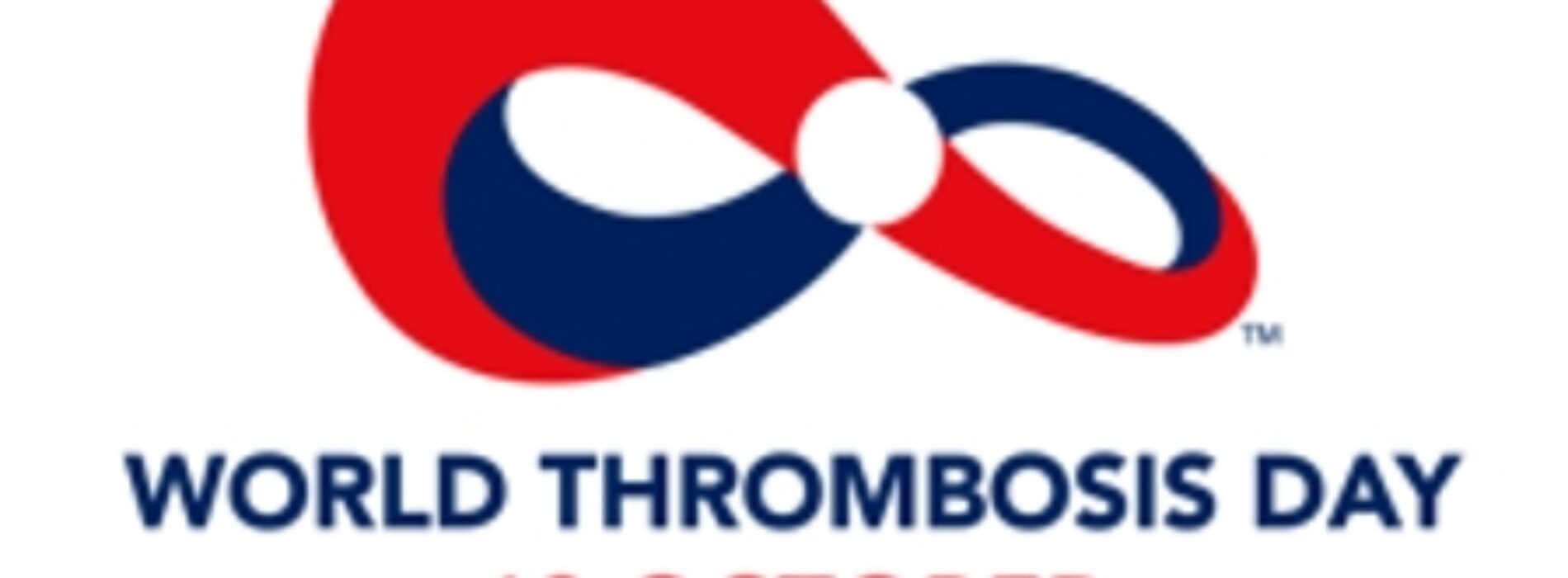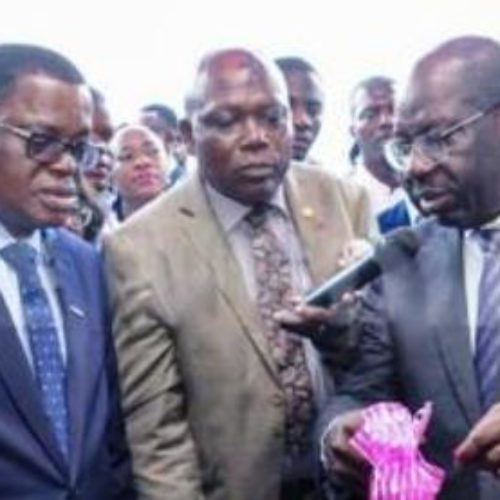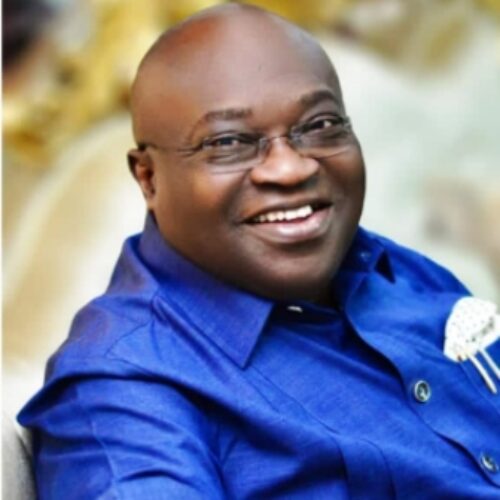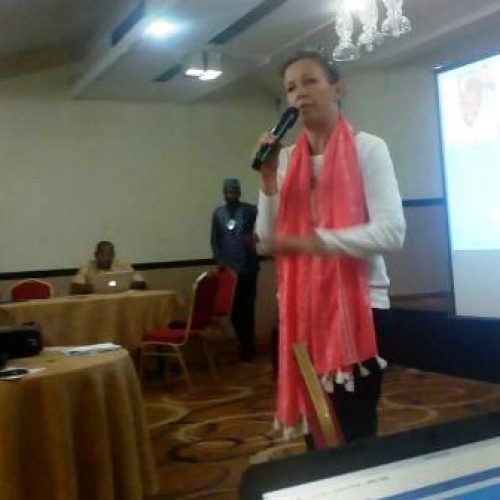WTD: Death rate on thrombosis still high in Nigeria…Experts
As Nigeria joins the rest of the world to mark 2022 World Thrombosis Day, Chief Consultant Haematologist at the University of Calabar Teaching Hospital, UCTH, Dr Kingsley Akaba has raised alarm that the death rate associated with thrombosis in Nigeria was of high prevalence.
According to a Vanguard report, Akaba explained that thrombosis is a silent killer and one of the commonest causes of sudden death.
He explained that blockage of the blood flow can cause sudden death through heart attack, stroke amongst others.
He said: “Also, clot can block veins and arteries adding that the symptoms can include pain, numbness, swelling in one leg and chest pain and if ignored, may lead to heatstroke.
“Most times, we physicians forget about thrombosis while managing our patients; we forget to consider it.
On his part, the Chief Medical Director of UCTH, Prof. Ikpeme Ikpeme, represented by Dr Eyong Smart, said that the blood clot can cause stroke and hormonal problems to the human body.
Also speaking, a Chief Consultant Haematologist at UCTH, Dr Ogbonna Nwabuko, called on Nigerians to shun drug abuse and smoking.
Nwabuko encouraged regular exercise with a view to making the body flexible.







0 Comments
No Comments Yet!
You can be first to comment this post!